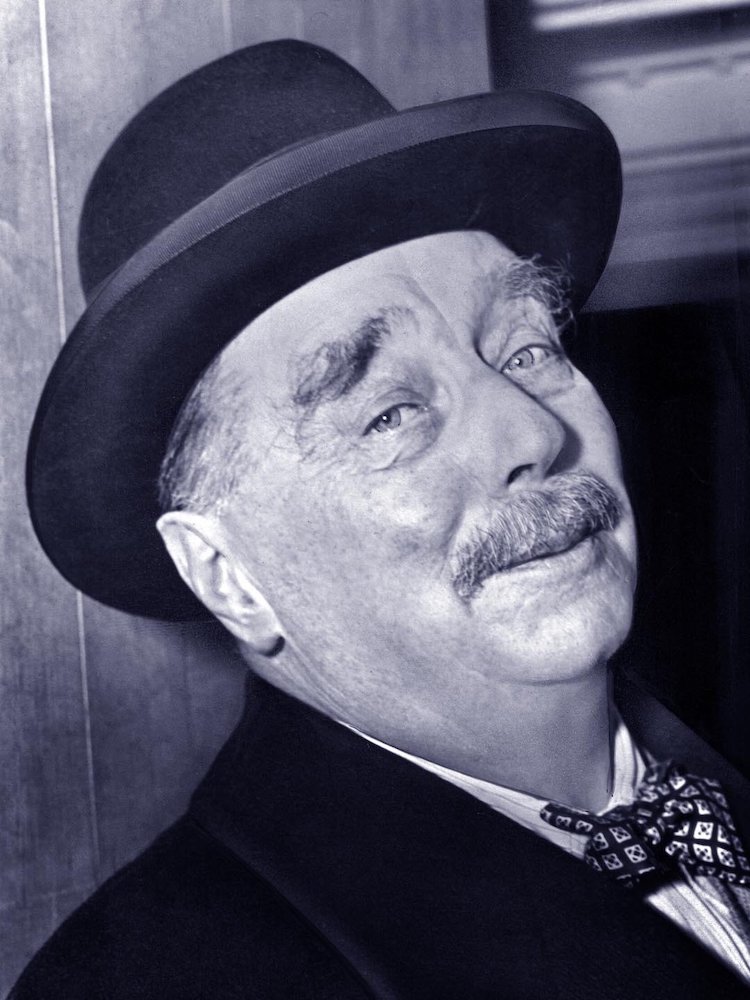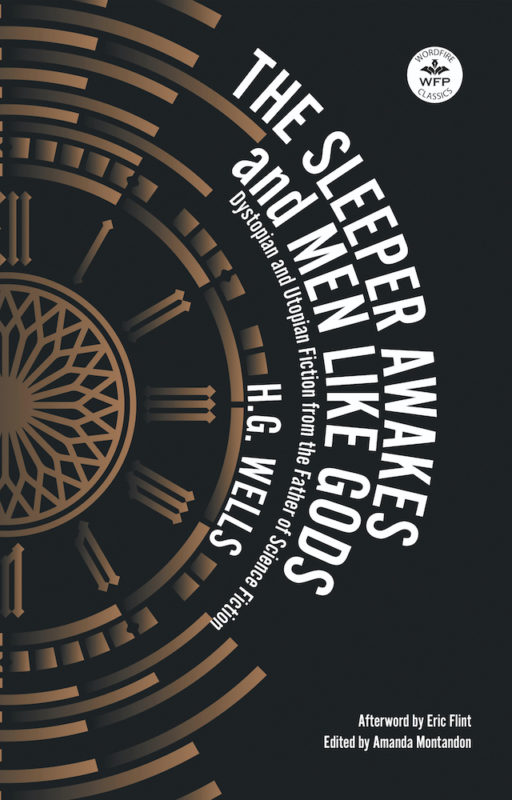
H.G. Wells (1866–1946) was an author of science-fiction works—including The War of the Worlds and Star Begotten—who had significant influence on society’s vision of the future.
H.G. Wells was born Herbert George Wells on September 21, 1866, in Bromley, England. He was educated at a private school in Bromley, Midhurst Grammar School; and the Normal School of Science, now the Royal College of Science, London University.
His parents were shopkeepers from a working-class background. His father’s shop failed and the family struggled financially. His two older brothers were apprenticed to a draper and his mother was employed on an estate as a housekeeper. It was there that H.G. discovered, in the owner’s extensive library, the works of Jonathan Swift and other important writers of the Enlightenment, including Voltaire.
As a teen-ager, Wells was apprenticed as a draper, but eventually quit. He became a teacher and won a scholarship to the Normal School of Science, London University, where he studied a variety of subjects, including physics, chemistry, astronomy and biology.
Wells’ first novel, The Time Machine, became an overnight literary success when it was published in 1895. It was quickly followed by The Island of Dr. Moreau (1896), The Invisible Man (1897) and The War of the Worlds (1898). These are all considered to be early examples of science fiction and today, many consider him to be the “father” of the literary genre.
H.G. Wells died on August 13, 1946 in London, England.





